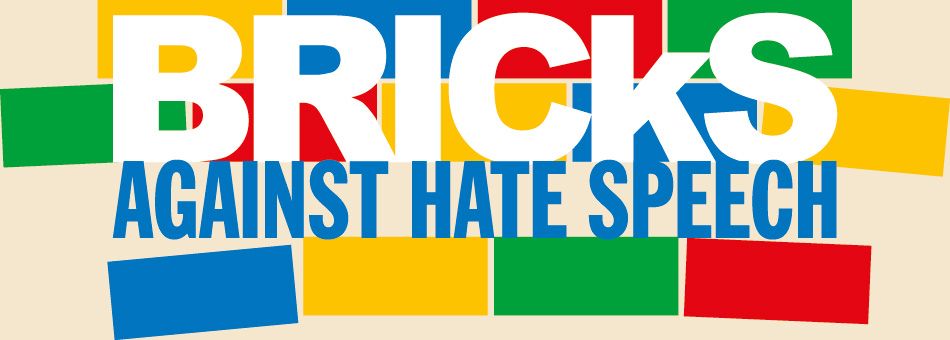
On the occasion of the International Day for the Elimination of Racial Discrimination, ECRI – European Commission against Racism and Intolerance, has published a policy recommendation on combating hate speech. It is a guideline to all 47 member States on how to prevent hate speech, how to support those targets by it, and deal with its consequences.
An updated definition of this phenomenon is provided: hate speech is the advocacy, promotion or incitement of the denigration, hatred or vilification of a persone or a group of persons, any harassment, insult, negative stereotyping, stigmatization or threat of such person or persons and justification of these forms of expression, based on “race”, colour, language, religion or belief, nationality or national or ethnic origin, as well as descent, age, disability, sex, gender, gender identity, sexual orientation and other characteristics or status.
Encouraging speedy reactions by public figures to hate speech, promoting self-regulation of media, raising awareness of the dangerous consequences of hate speech, encouraging political parties to sign the Charter of European Political Parties for a non-racist society, promote the monitoring of misinformation, negative stereotyping and stigmatisation, are among the most important recommendations.
It is important to recognise that a balance must be held between combating hate speech, and preserving freedom of speech. Indeed, Thorbjorn Jagland – the Council of Europe Secretary General – warned against arbitrary application of sanctions, and he affirmed: “Anti-hate speech measures must be well-founded, proportionate, non-discriminatory, and must not be used to curb freedoms of expression or assembly”.
Read ECRI’s report here

Sorry, the comment form is closed at this time.